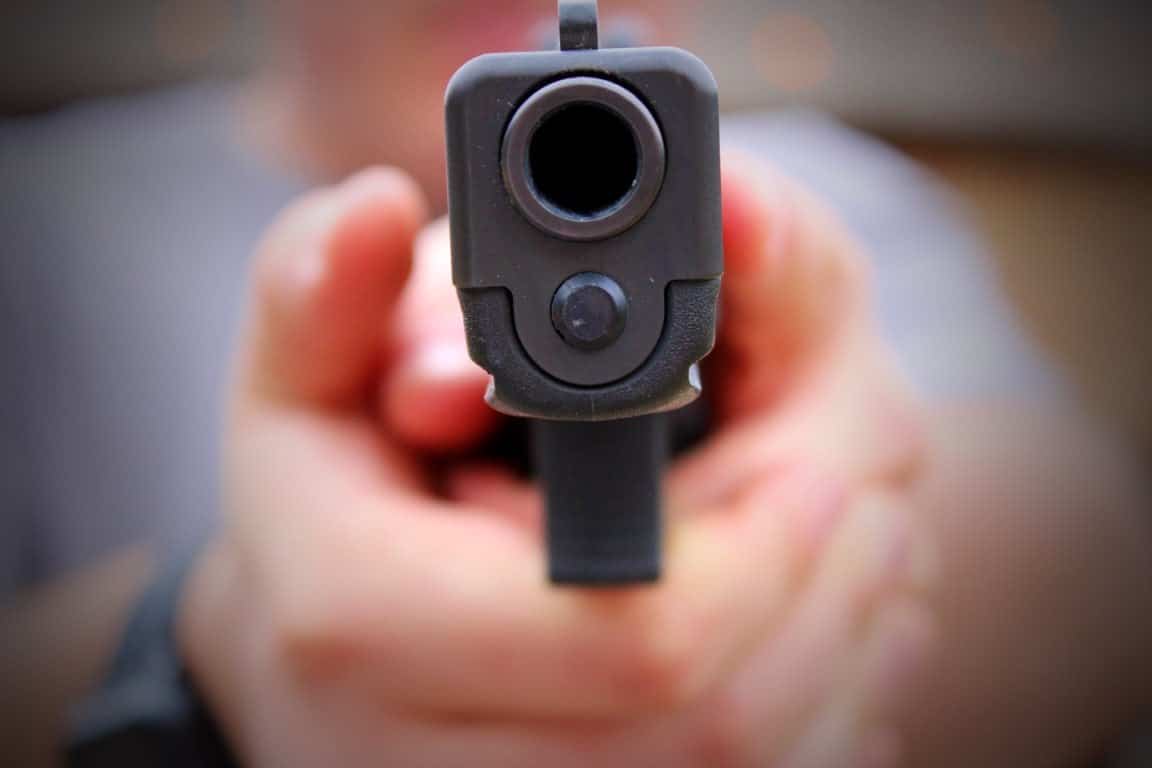A controversial gun bill has died in the legislature after it was not brought by before its deadline.
The bill drew a lot of attention after the Parkland shooting, as portions of it aligned with President Trump’s suggestion that teachers should be armed as a way to protect students in an active shooter situation. If passed, the bill would have created a uniform active shooter training developed by the Department of Public Safety.
While the idea of that training disappears for the time being, author of the bill, Rep. Andy Gipson says that individual school districts can decide if teachers are allowed to carry. Those with an enhanced concealed carry permit would be able to carry a firearm into a school if allowed by the school district.
“I made the decision to keep the law what it is today, and no one loses any gun rights and schools can designate staff and employees to carry if they so choose,” Gipson said.
While it was originally passed by the House, Gipson said changes were made to the bill by the Senate, and the two sides could not come to a final agreement. The House and Senate agreed on the principle of the active shooter training, but could not finalize the details.
The two sides remained apart on other additions to the bill as well. Among those disagreements was the designation of college campuses, schools or athletic event as “gun-free zones” if law enforcement was present.
Gipson said that by killing the bill, nothing has changed. The enhanced concealed carry permit still allows a holder to bring a firearm onto a college campus or into an athletic event, which has brought strong opposition from university administrators and athletic directors including MSU’s John Cohen.
“Our concern is that if you introduce certain elements to that emotion, in some ways it could stop us from making this as safe of an environment as it needs to be,” Cohen said after the bill originally passed. “That’s what we wake up in the morning thinking about, and that’s what we go to sleep at night thinking about; protecting our student-athletes, the fans, the opposing teams, the officials, that’s our responsibility, and we don’t take that lightly.”
HB 1083 would have created a process to challenge rules on campuses or other state agencies that Gipson says could be illegal. He stated certain rules defy the statutory right for an enhanced concealed carry permit holder to bring their firearm.
“There is a conflict between what the law says, which grants the right to carry for your protection, and the rules out there that carve out that right.”
In an editorial released to the public, Gipson has said that policies designed by the Institutions of Higher Learning (IHL) have attempted to circumvent state law.
“This law, which passed the House unanimously, has been in existence for almost seven years. An Attorney General’s opinion issued to IHL in 2012 confirmed that universities could not ban enhanced carry permit holders from their campuses. Since then, IHL and its member universities have chosen to disregard the law by adopting policies restricting the population of responsible, trained gun owners,” he wrote.
After it originally passed through the House and opposition came to light, the bill’s author did not hold back when responding to those who disagreed with the enhanced concealed carry rights in Mississippi.
“Whether 1083 lives or dies, we have campus carry in Mississippi. In fact, we’ve had it longer than most of these University presidents have been presidents or even lived in our state,” Gipson said.
SEC Commissioner Greg Sankey issued a statement about the legislation and stated that scheduling for Ole Miss and Mississippi State could be affected if guns are allowed in stadiums.
Over 67,000 Mississippians currently hold the permit. To obtain an enhanced concealed carry license one must complete eight hours of classroom and live-fire range instruction from a DPS-approved instructor, including a review of the legal requirements of concealed carry in Mississippi and laws relating to the use of deadly force.




